Description
The term ‘Rasayana’ in Sanskrit stands for revival and rejuvenation. Agasthya Rasayanam is a jaggery based nourishing ‘Avaleha’ preparation that has Abhaya (Terminalia chebula) and Yava (Hordeum vulgare) as its key ingredients.
Named after the revered Vedic sage Agastya, this rasayana (rejuvenative) formulation strengthens your lungs and boosts your respiratory health. Agasthya Rasayanam is indicated specifically for the patient debilitated by chronic cough and exertion.
‘Avaleha’ preparation is a sweet and palatable adaptation of ‘Kashaya’ or herbal decoction. Rich in nutrients, it may be used to supplement a meal, in persons with healthy digestion. The herbal jam contains fragrant spices and appetite stimulants like Cumin, Cardamom, Black pepper, Long pepper etc.
Adult: 10-15 gms Agasthya Rasayanam at bedtime, ideally followed by a glass of warm milk
Child: 3-5 gms Agasthya Rasayanam at bedtime, ideally followed by a glass of warm milk.
Key Ingredients:
AGNIMANTHA (Premna integrefolia)
The extracts of Agnimantha play a vital role in improving skin glow, and texture. It prevents dark circles, blemishes, breakouts, scars left after the healing of acne, suntans and various signs of aging and provides a natural radiance to the skin.
SHYONAKA (Oroxylum indicum)
It detoxifies the blood, cleanses wounds and helps in faster healing.
GAMBARI (Gmelina arborea)
One of the Dashamoola roots, it effectively reduces inflammation and improves wound healing. The potent antioxidant properties help in cleansing the blood and removing dullness of skin and wrinkles.
PATALA (Stereospermum suaveolens)
The herb is highly effective in purifying the blood. It also treats burns, wounds, reduces blisters, and provides relief from pain and burning sensation.
SHALAPARNI (Desmodium gangeticum)
The extract is highly beneficial in treating allergic conditions and skin infections and provides relief from redness, itching, and dryness. Being an amazing skin emollient, this prickly dried fruits of the Gokshura tree treats skin infections and inflammatory conditions. It also helps in treating the various signs of aging like wrinkles, fine lines, dark circles etc. and bestows a smooth, glowing revitalized skin.
BRIHATI (Solanum indicum )
The use of Brihati in this oil helps reduce Vata disorders. It treats different types of skin infections and nourishes and rejuvenates the skin.
KANTAKARI (Solanum virginianum)
The Kusthahara property of this herb holds high value in treating skin diseases, helping in wound healing and promoting skin health. Yellow Berried Nightshade is one of the chief ingredients in Dashamoola Rasayanam, an Ayurvedic preparation for the treatment of respiratory ailments. The herb is also a digestive and a carminative, which facilitates the treatment of gastrointestinal problems.
GOKSHURA (Tribulus terestris)
Being an amazing skin emollient, this prickly dried fruits of the Gokshura tree treats skin infections and inflammatory conditions. It also helps in treating the various signs of aging like wrinkles, fine lines, dark circles, etc. and bestows a smooth, glowing revitalized skin. Land Caltrops has been used for centuries as a general tonic by the Ancient Greeks. It is used in Ayurvedic medicine to maintain efficient kidney and urinary functions and in reducing renal discomfort. It is effective in treating urinary tract disorders because it promotes the flow of urine and cools and soothes the membranes of the urinary tract. Land Caltrops has also been described as an aphrodisiac in Ayurveda.
KAPIKACHU (Mucuna pruriens)
Kapikachu helps improve sperm count and its ability to swim (motility). The herb prevents cellular oxidative stress by and improves semen quality, supports sperm production, and maintains healthy semen balance.
BALA (Sida cordifolia Linn)
Country mallow, also referred to by its scientific name Sida cordifolia Linn. The Ayurvedic system of medicine considers Bala or Sida cordifolia as a tonic, astringent, emollient, and aphrodisiac. The drug also forms a chief ingredient of several important formulations and preparations in Ayurveda. Internally, Bala is believed to be a very effective nervine tonic and Rasayana for all kinds of Vata disorders.
APAMARGA (Achyranthes aspera)
It is a a well-known herb is found as a weed throughout India. In different Ayurvedic treatise, it is indicated in Arsha, Kushtha, Unmada, Apasmara, Ashmari, Hikka-Swaas, Vish Chikitsa, etc. Traditionally each and every part of the plant is used in different diseases like dysentery, asthma, piles, stomatitis, etc. It is also used as anti diabetic, anti inflammatory, abortifacient etc.
PIPPALI (Piper longum)
Pippali is known as “Tridoshic” herb as it suits all body types. Thus regular consumption of pippali in suggested quantity can help you to immune your body to quite an extent. Pippali has anti-microbial, anti-inflammatory activity. Consumption of pippali is said to exhibit anti spasmodic action and hypoglycaemic effect which is believed to lower blood sugar level. It is also reported to be antagonist in respiratory depression. Also due to its cooling post-digestive effect, consumption of pippali is considered as a safe and effective option to avoid all sorts of digestive disorders.
CHITHRAKA (Plumbago zeylanica)
It is also known as Plumbago zeylanica is a potent digestive medicine used for treating a host of ailments including indigestion, constipation, anorexia, abdominal distension, stomatitis, abdominal pain, etc. Imbued with digestive, caustic, stimulant and carminative properties, it eliminates harmful Ama toxins from the body which have accumulated due to malabsorption of food particles.
HAREETHAKI (Terminalia chebula)
Popularly known as Indian walnut for its innumerable benefits or Indian hog plum in English, it is extremely valuable for its role in improving hair health. It is useful for treating scalp infections like dandruff, itching and hair fall. It also strengthens them from the roots, helps prevent breakage and loss of hair and bestows silky soft smooth hair. Chebulic Myrobalan is one of the three key ingredients in Triphala, a natural compound that provides overall support for digestive function and helps ensure that the digestive tract works at optimal levels. The Ayurvedic Pharmacopoeia of India has documented the use of the powdered herb in intermittent fevers and chronic fevers, anemia and polyuria. Chebulic Myrobalan can also be used to treat gastrointestinal and respiratory disorders


 Sign In
Sign In Cart
Cart 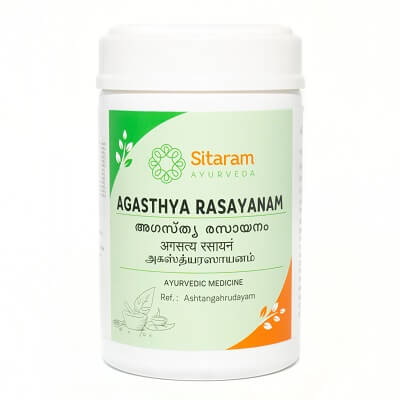
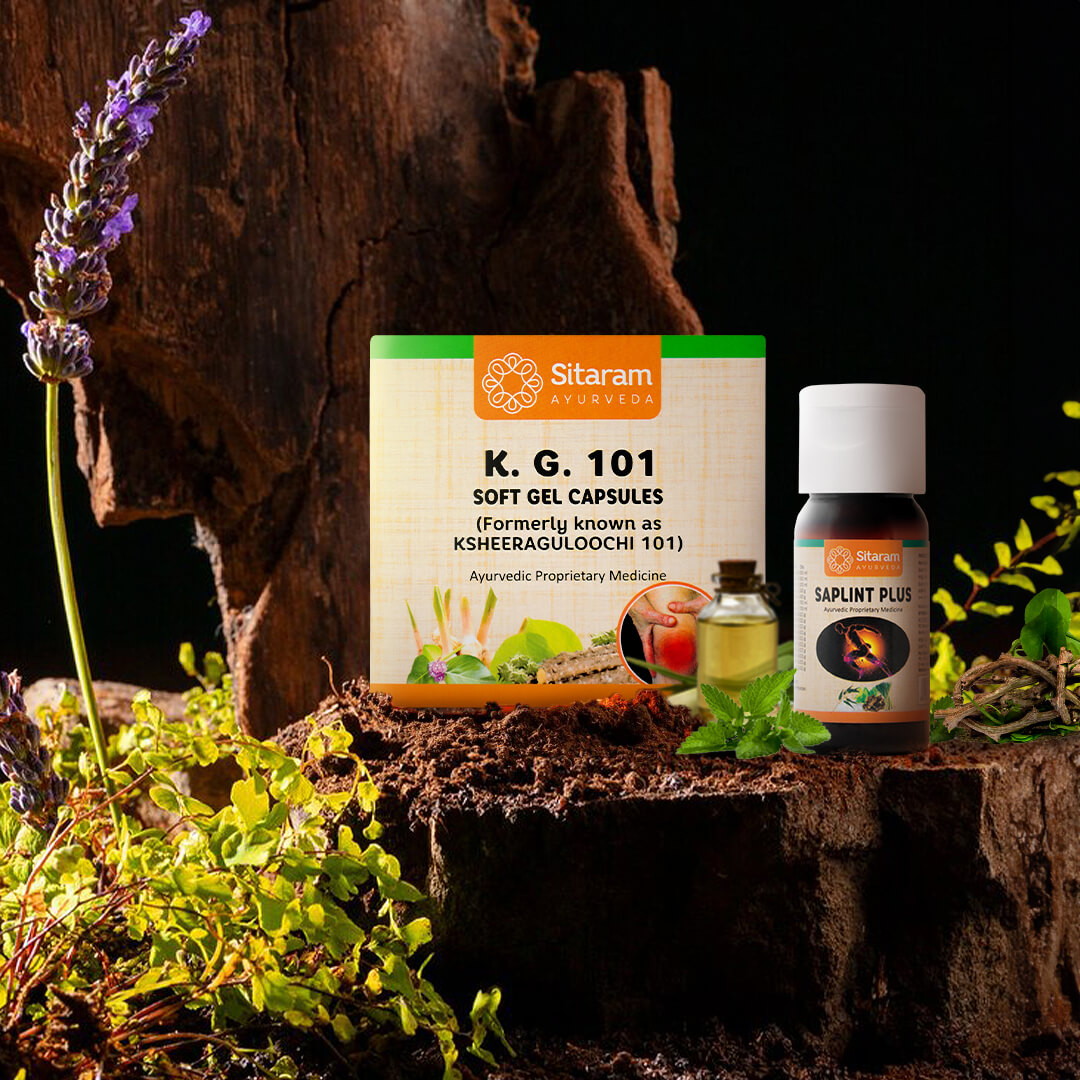
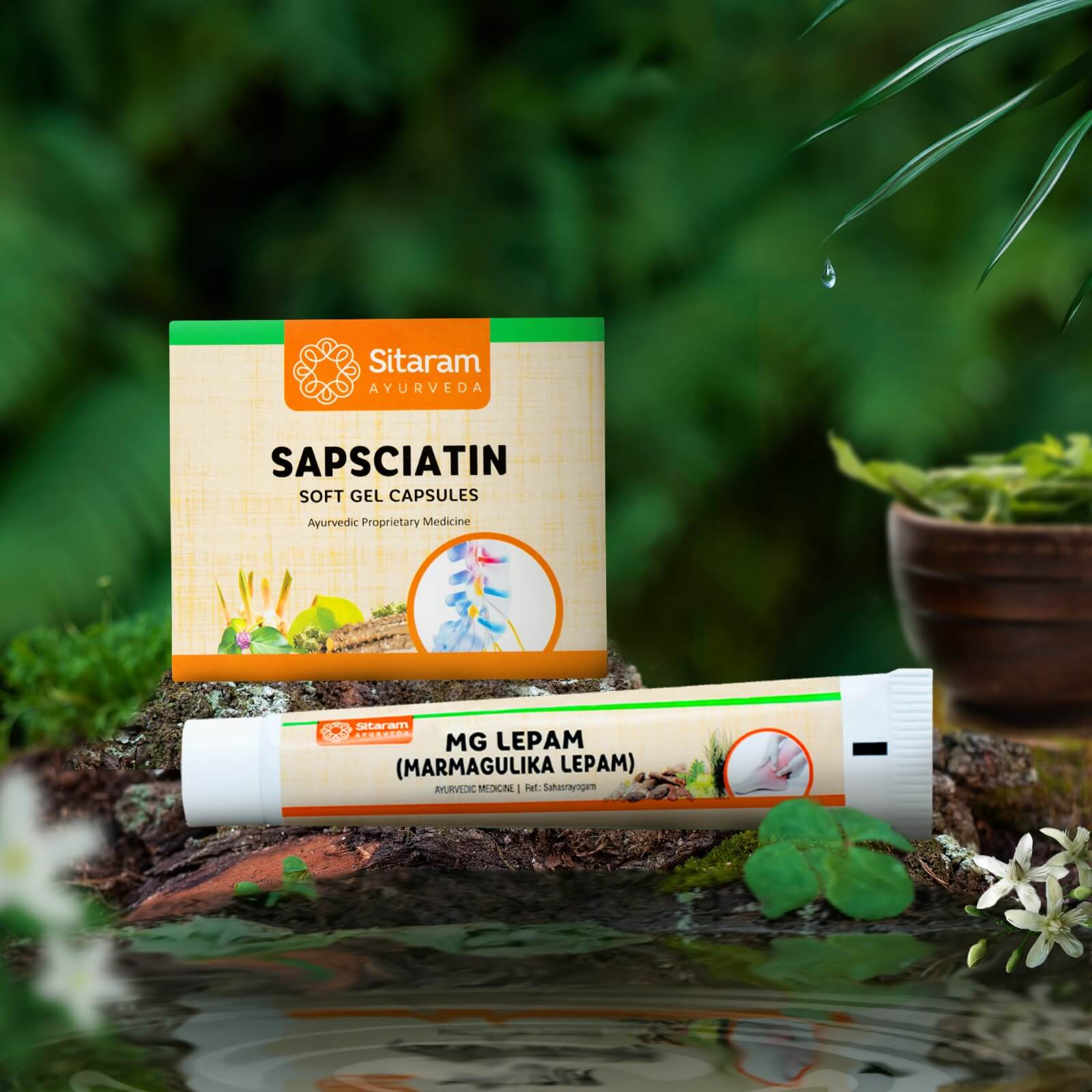
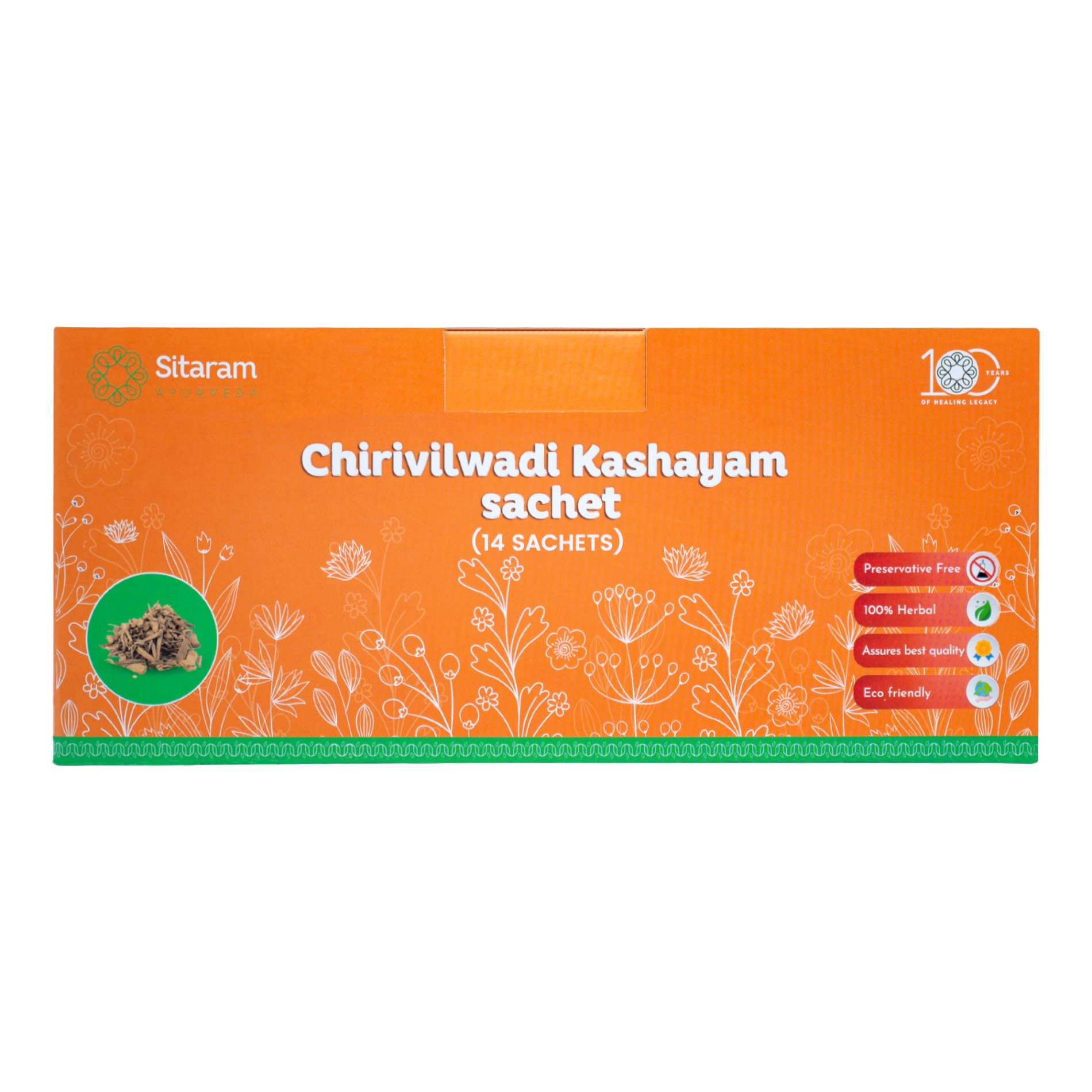
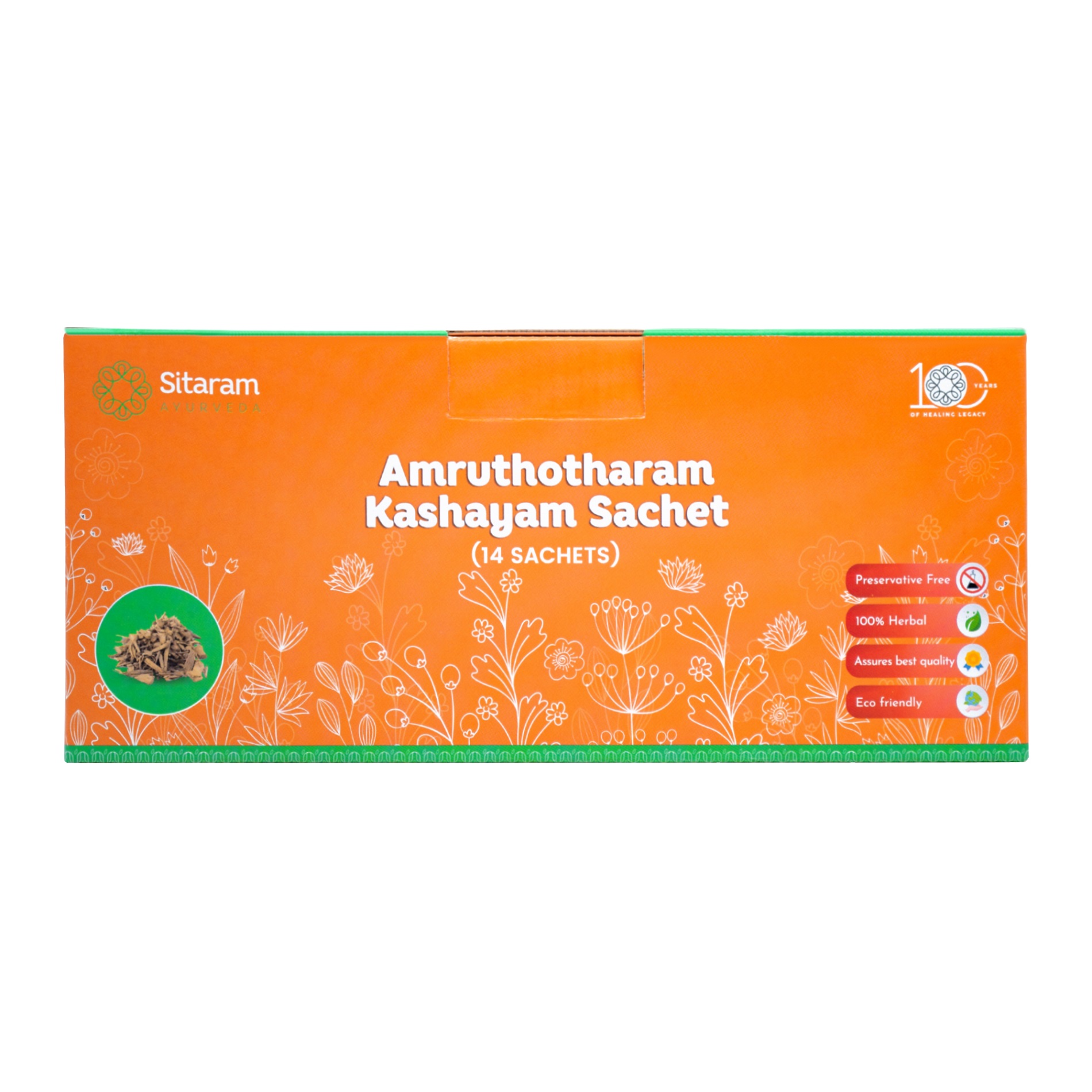
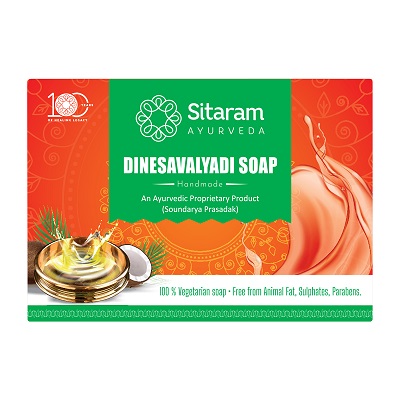
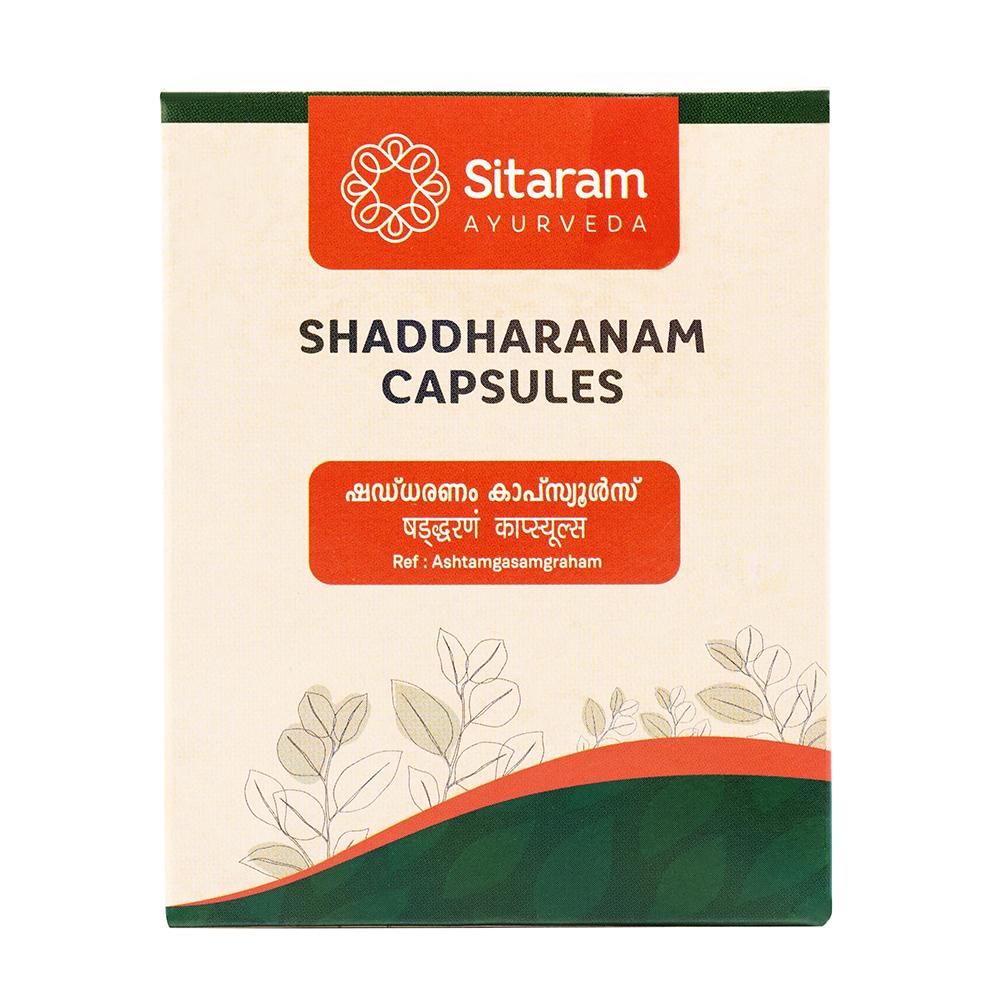
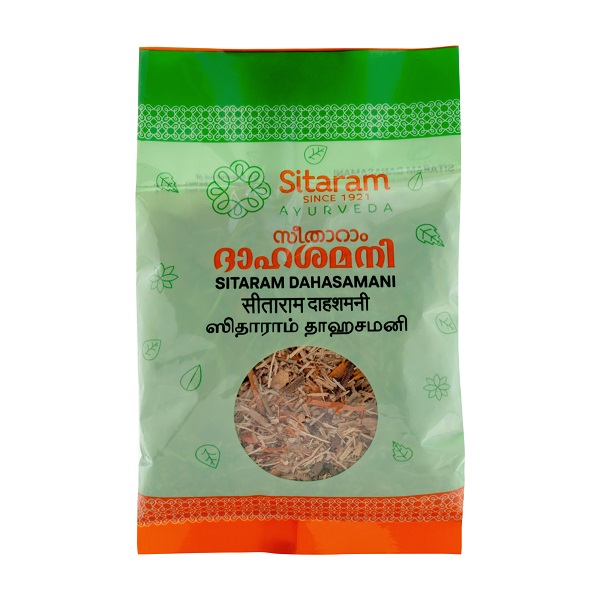
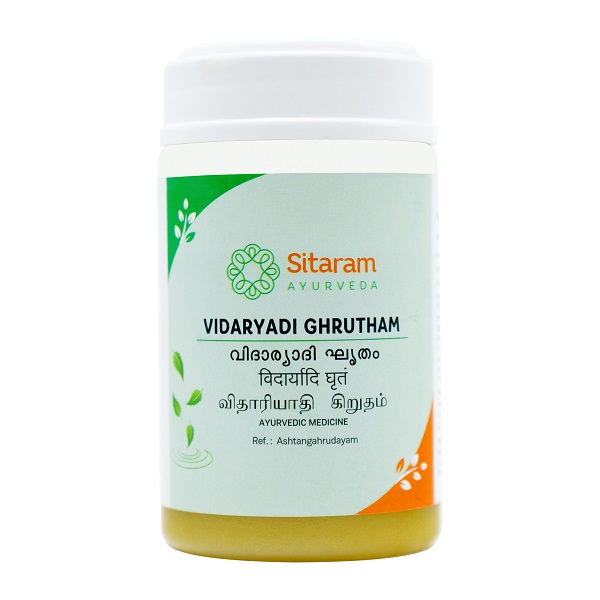
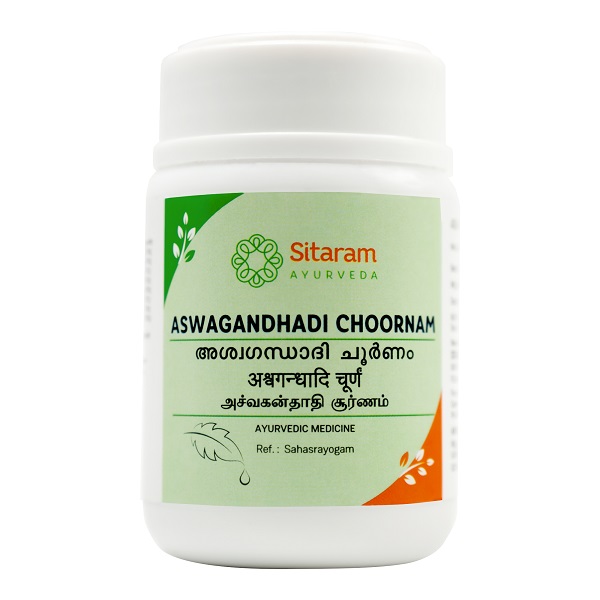
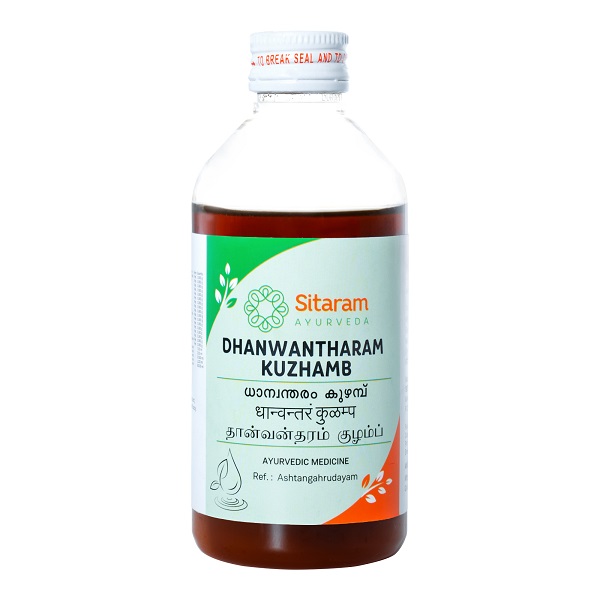
Narendra Kumar tyagi –
Good rasayana for RTI and digestive tract problems
Suryanarayanan R (verified owner) –
Suryanarayanan R (verified owner) –
Order to despatch time can be reduced
Pudukode Ramachandran (verified owner) –
There is improvement in my Grandson.